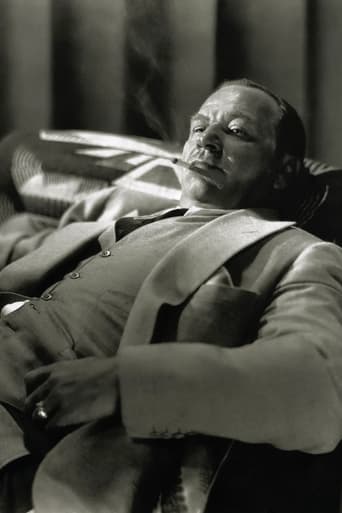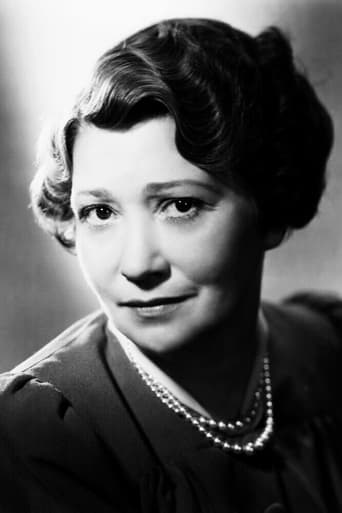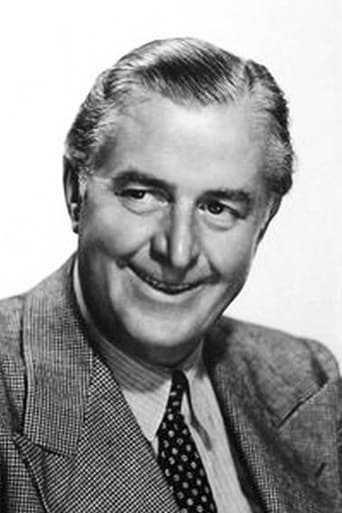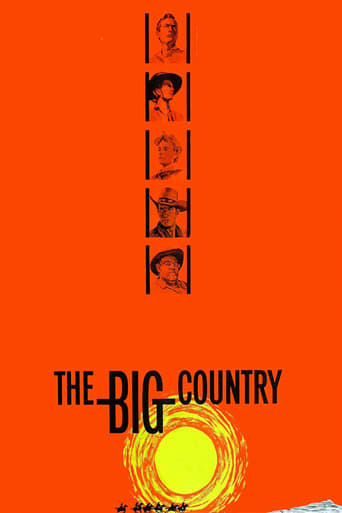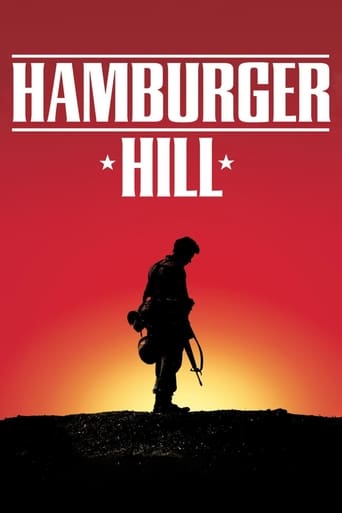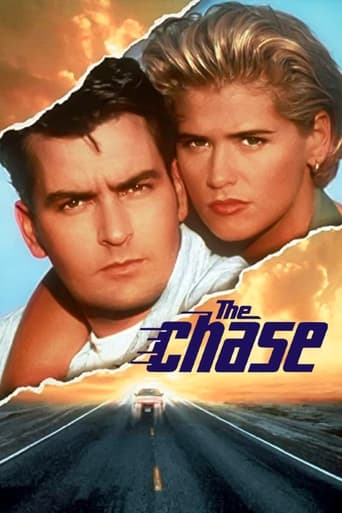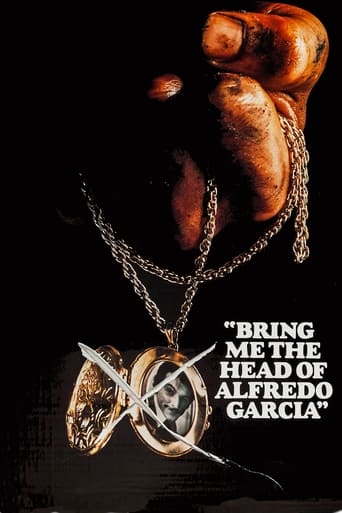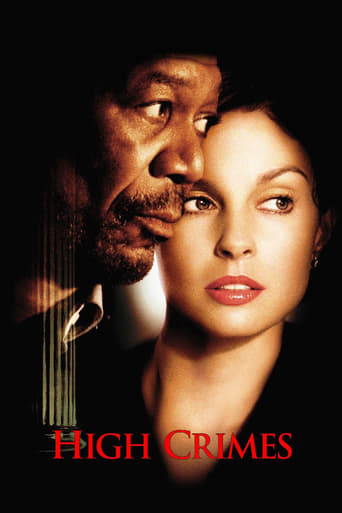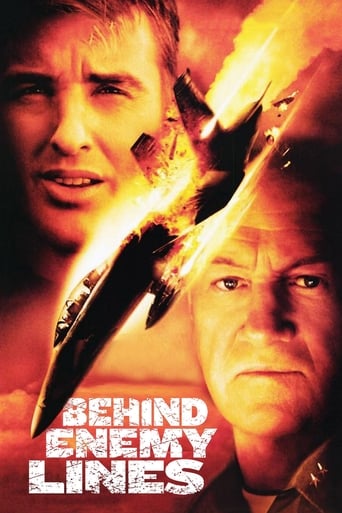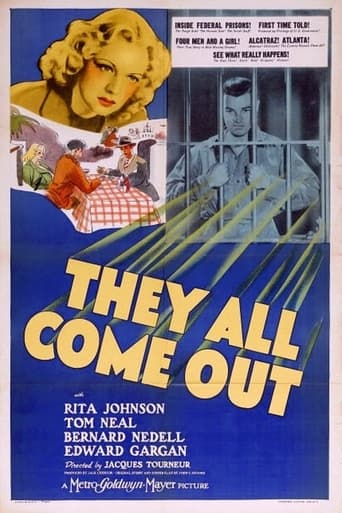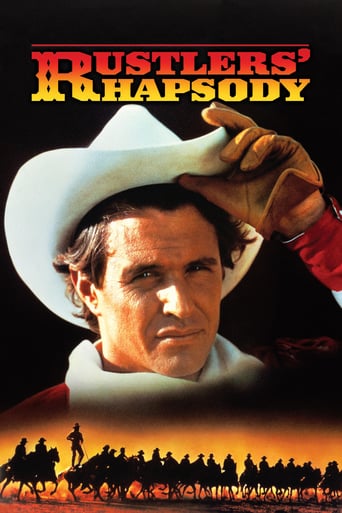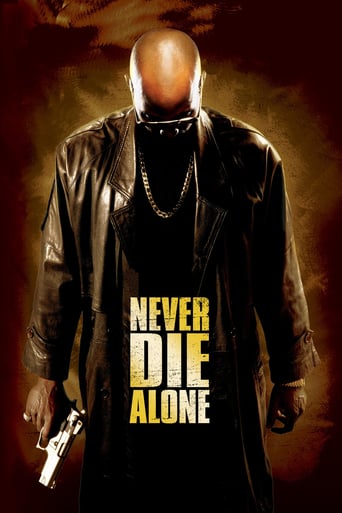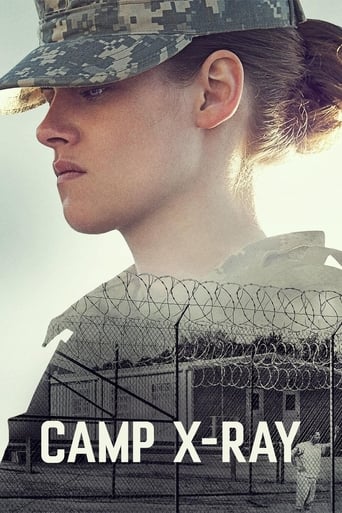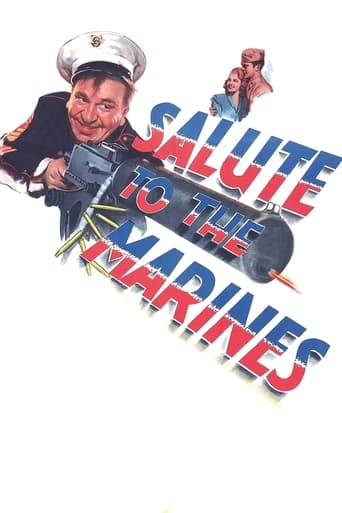
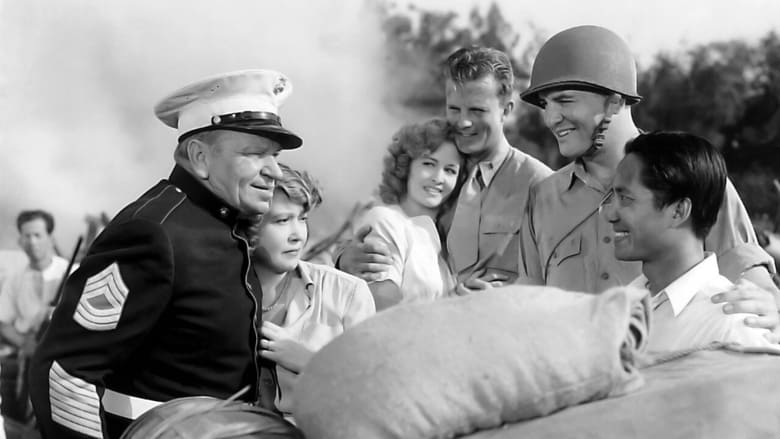
Salute to the Marines (1943)
It is a comic book propaganda film which has Beery as a retired USMC NCO who, when the Japanese invade the Philippines, leads a heroic defense, first by strangling a Nazi agent, and then dying in his dress blues uniform while blowing up a bridge.
Watch Trailer
Cast


Similar titles
Reviews
MGM did this 1943 film in color which was rare doing wartime in those years for any studio to use. Probably 20th Century Fox filmed in color the most, still even their output was limited.Salute To The Marines stars Wallace Beery in one of his few color features and he brings his gruff, but lovable persona into the part of a training sergeant who is stationed in the Phillipines training new recruits for jungle combat which was thought by some to be inevitable. In fact a very farsighted commandant of the Marine Corps John Lejeune determined back in the early Twenties that the Marine Corps special mission was for amphibious landings. This is what the Beery character is working at when he gets an assignment to train Filipino civilians to fight.But a character like Beery would NEVER have been training anyone. The plot premise is that Beery, a thirty year veteran of the Corps would have missed every combat engagement in the Marines had which included Mexico, World War I, Haiti, Nicaragua etc. Now somewhere down the line he'd have been assigned some action or he wouldn't be training anyone, let alone rise to the rank of Sergeant Major.Still train he does and his civilian trainees prove adequate to the task even though they're not the most disciplined bunch.The climax is when the Japanese come Beery also proves adequate in fighting a delaying action after the Japanese bomb the church where he and wife Fay Bainter are attending services. This was on the same day where the Japanese were also doing a job on Pearl Harbor. MGM did a far better film a year earlier about the Phillipine campaign and the last stand on Bataan with Robert Taylor. That one holds up far better than Salute To The Marines.Shoehorned into the story is a kindly German store owner played by Reginald Owen who shows his true Nazi colors as the first Japanese troops land. Beery makes short work of him. The US Marines deserved a far better film than Salute To The Marines which is a dated relic of dubious propaganda value even then.
I enjoy watching war films and have seen countless films from the 30s onward to today. While this is not the best of the best, it is also far from the worst of the worst. An above-average war film.This film is a classic Hollywood War Film made during WWII in order to uplift the nation during its darkest days, sell War Bonds, and generate the much needed support for the United States Armed Forces in a time war! To rate this film based on today's standards is to do a disservice to the film and the period. Sure, this film has all of the clichés of a typical 40s Hollywood film. But, you have to understand that this was a way for many in Hollywood who chose not serve or could not serve for various reasons to assist in the war effort. In addition, it does a very good job as portraying the Marines as the best fighters of the US Military forces, no offense intended to the other branches. The Marines are known for hitting the beaches first and leaving last.Wallace Beery does an excellent job telling the story of the tough drill Sergeant who has passed on his skills and knowledge for thirty years waiting for his chance to see combat. He does his job well but wants what every Marine wants, to put his skills to the test.One rarity in Hollywood is the parts of the Filipinos and Japanese fighters are not being portrayed by White Men.In response to the Star-spangled hogwash review by Fred_Rap, I agree with Wholeben that Mr Rap's comments are out of context and unnecessarily harsh.The film was well made and made good use of scenery. While the "green screen" scenes are obvious, the actors deliver their performances well. The weakest part may be the overly friendly competition for the Helen Bailey's affections.The standout performance and reason to see this film is Wallace Beery's portrayal of a Marine who is a Marine regardless of whether he is in uniform. His speech after the Japanese bombing to Colonel Casper was very powerful. In addition the bar brawl against the Merchant Marines was great fun! Sergeant Major William Bailey will not allow anyone to disrespect his Marine Corps! My favorite scene in the film is the final moments with Beery in his Dress Blues sitting with his wife who has stayed behind to help instead of leaving with the other women and children. While she prayed for peace, when war came she stood by her husband and does what she can to help in his "War"!PS: The Japanese soldiers in this film were also portrayed fairly considering when the film was made. There is even a comment made about how smart their officers are in leading their troops. While the Japanese are portrayed as being "sneaky" in using the fishing fleet to prepare for invasion this is entirely understandable considering that the Attack on Pearl Harbor happened only two years prior to the film's release.
Mr. Rap's 2003 review of this movie, its context, and the characterization by Wallace Berry, needs a reply. First, the movie was released in 1943 -- at which time the US was not doing particularly well in the Pacific Theatre. Second, the lead character is a career combat NCO who has never seen combat -- yet his outfit has left for the field leaving him behind. Third, America used the theater as a way of seeing familiar faces (actors/actresses) in roles that many would be unable to fulfill, regardless of patriotism, fervor, or desire. Besides Mr. Rap's comments seemingly being out of context as to what was happening in the film (e.g. drinking and fighting, BUT because he was ashamed at being left behind after 30 years of service), the comments also seem downright petty, juvenile, and mean-spirited ("old," "fat," "pot-bellied" etc.). My assumption is that Mr. Rap has other motivations to examine and overcome, unrelated to the movie, but stimulated by the character of Beery.
In this leisurely-paced Technicolor flag-waver, grizzled, beer-bellied lout Wallace Beery plays a thirty-year sergeant major stationed in the Philippines just before the war. When he's forced into retirement, long-suffering wife Fay Bainter has to cope with his refusal to adapt to civilian life in their sleepy island village. He antagonizes the peace-loving neighbors with his gross manners and anti-Japanese sentiments, trains the local children in military maneuvers, and gets into brawling confrontations with shifty Niponese sailors. But once Pearl Harbor is attacked and the enemy advances on their town, Beery rallies the villagers to defense and goes out in a blaze of glory.The climactic combat action is a long time coming, since the bulk of the movie is devoted to Beery's fatuous, self-aggrandizing antics. Whether condescending to his native troops (he refers to them as "little fellers" as though they were exotic incarnations of Jackie Cooper) or pouring on the 'aw shucks' geniality to a passel of adoring kids, this slob-king is a grating, grandstanding humbug. (What appeal could this man have possibly held for contemporary audiences? Perhaps as a fanciful role model for home front-bound middle-aged men -- the run-to-seed but still vital codger.)No less phony is the hubba-hubba Marilyn Maxwell as his incessantly smirking daughter; it's tough enough to believe the refined, genteel Bainter could have ever had a booty call with Beery, much less produced so dishy a specimen from such rot-gut sperm.If one can last through all this spurious slop, the final thirty minutes deliver a Johnny-come-lately wallop. As Japanese bombers hover over a crowded church, director S. Sylvan Simon uses rapid-fire editing to build tension to a fever pitch. What follows is a grand scale action set-piece that is eye-filling and surprisingly fierce, weakened only by the unhinged spectacle of the tubby, lead-footed Beery traipsing through brush to single-handedly knock out an enemy machine gun emplacement. The movie seems to be telling us that a regiment of lumbering, dissipated fat men could have shortened the war by years. Fat chance.


